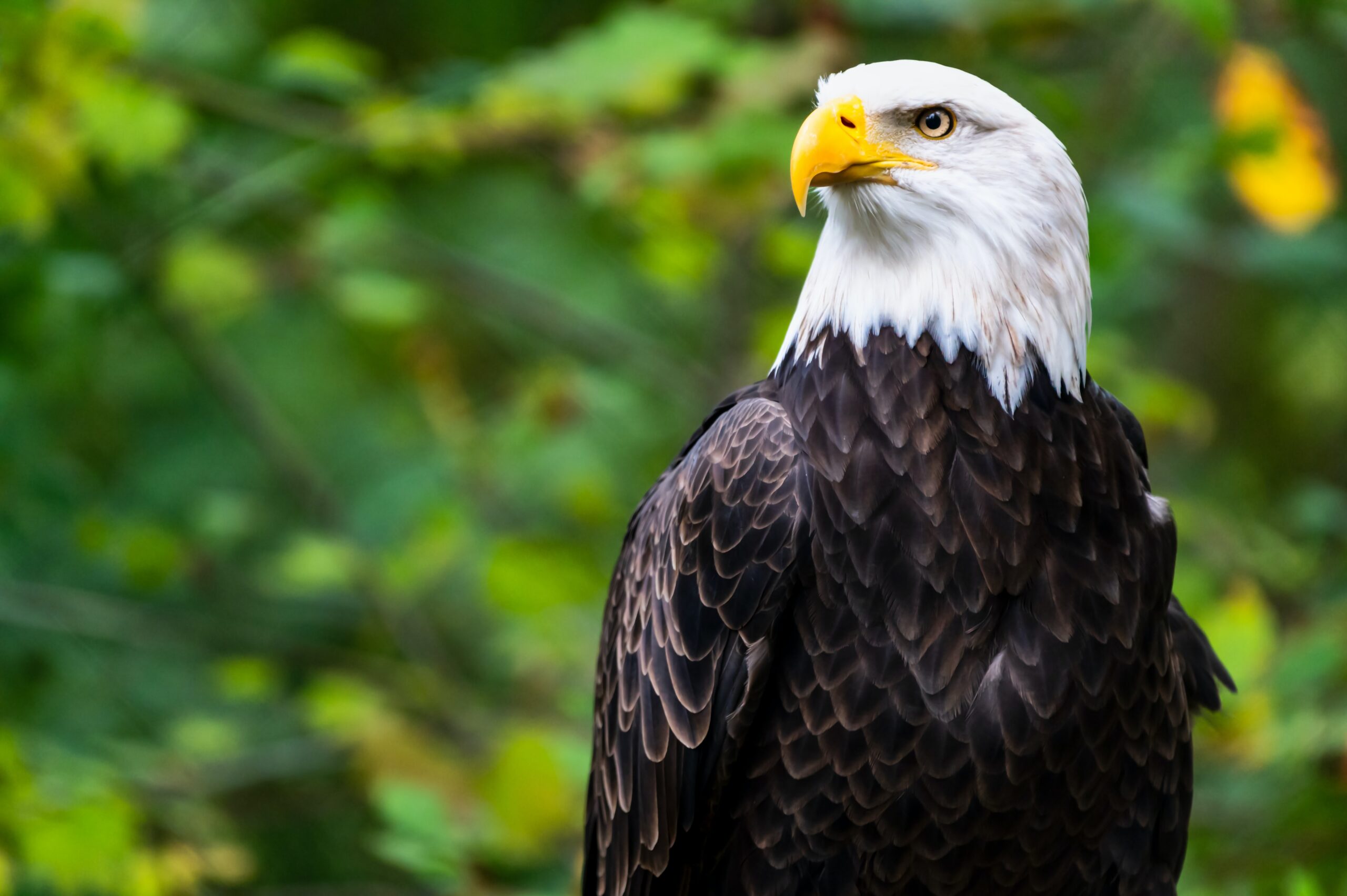Across the US, there are many laws put in place to protect wild birds, and keep us on the right side of the law. Some are common sense, while others may surprise you. Here are some good-to-know wild bird laws* to keep in your back pocket.
*This is not an exhaustive list of US or state wild bird laws, nor is it intended to offer legal advice. For more information, please visit the U.S. Fish and Wildlife Service website and other reputable sources, including your own attorney.
The Law and Wild Bird Feeding
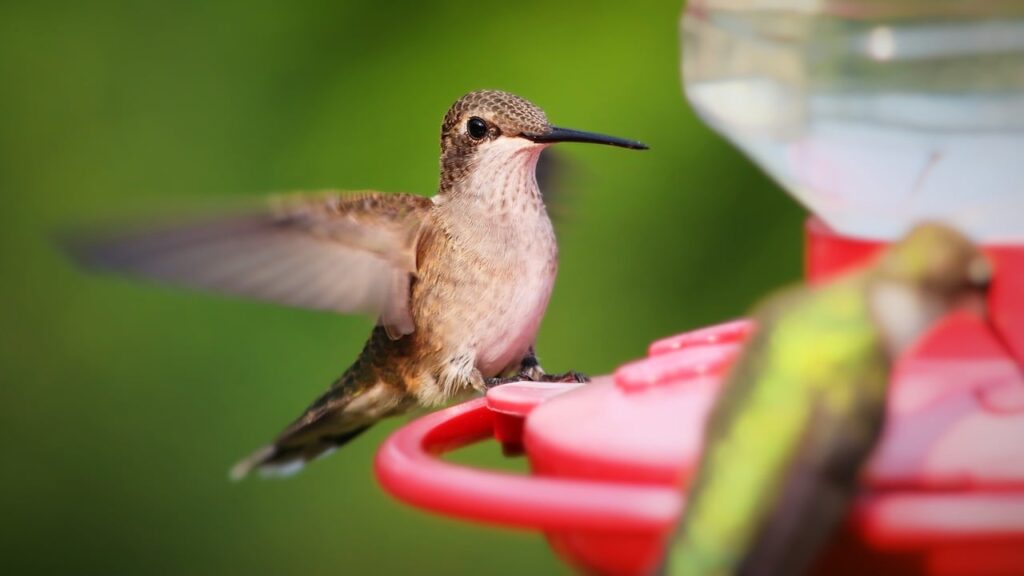
In most instances,* bird feeding is legal in the US. And there is no state or national law against hanging bird feeders in your outdoor space, though laws that prohibit feeding wildlife are sometimes interpreted to include birds. However, the U.S. Fish and Wildlife Service states that backyard bird feeding actually has real benefits to both birds and humans—provided that we do it right. Here are some guidelines to follow as best practices:
*Important note: Though bird feeders are legal on a national scale, there may be local ordinances and HOA rules that prohibit bird feeding. These prohibitions may include hanging bird feeders in your outdoor space, hand feeding birds, feeding ducks, pigeons, and other wild birds in your yard or your community’s common areas, etc. In such cases, we recommend following these local ordinances and rules.
Backyard bird feeding guidelines
Keep your bird feeders clean. Most bird feeders should be cleaned at least once a month (and every 3-5 days for hummingbird feeders). This will protect birds against salmonella and bird diseases like Avian flu.
Clean up spilled bird seed. Not only does spilled bird seed attract rodents if left on the ground, but the seed could get moldy and become harmful to ground-feeding birds.
Place feeders in safe areas. This means hanging feeders within three feet of windows, to prevent fatal window strikes (as the bird will have to slow down or stop at the feeder, instead of flying full speed into the window). You can also put decals on your windows for the same reason. Also, mount your feeders high enough and in places that predators (including your pets!) can’t reach them.
The Law and Wild Bird Nests
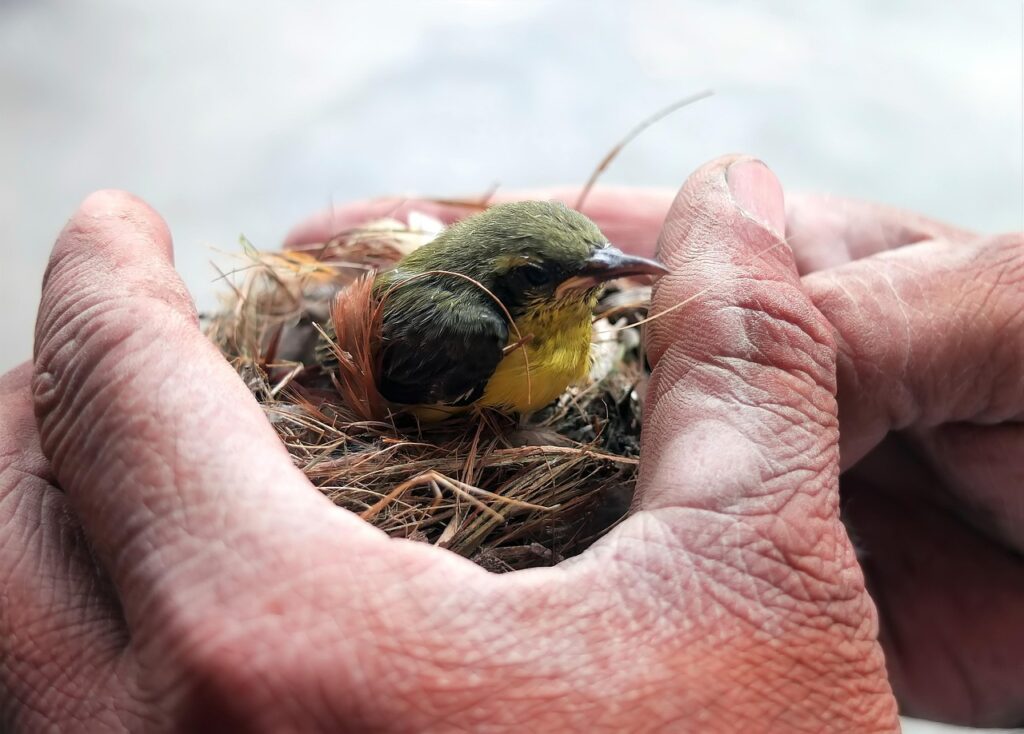
Did you know that—in many cases—it’s illegal to move, take, or destroy an active bird’s nest? The US Migratory Bird Treaty Act of 1918 prohibits this human intervention with nesting birds and nests of protected species. However, there are extenuating circumstances: if the nest is in a place that’s life-threatening for you or the birds (Ex: like in a stove vent, which could be a fire hazard), you can call the U.S. Fish and Wildlife Service to have it safely and humanely removed.**
This same law applies to nests in nest boxes and birdhouses. However, there are best practices to follow for knowing when and how to clean old nests out of both.
And, if you’re a fan of Jackie and Shadow like we are, you’ll be pleased to know that bald eagle and golden eagle nests are also protected under the Bald and Golden Eagle Protection Act.
**”If you see someone destroying or disturbing an active nest, immediately contact the United States Fish and Wildlife Services at 1-800-344-9453. If the incident is happening locally, you can also contact the California Department of Fish and Wildlife at (888) 334-2258. Provide the location of the nest, vehicle license plates, company names (i.e. name of the tree trimming company, etc.) if applicable, and any other pertinent information. Take photos and collect evidence (broken eggs, etc.) if possible.
The Law and Caring for Wild Birds
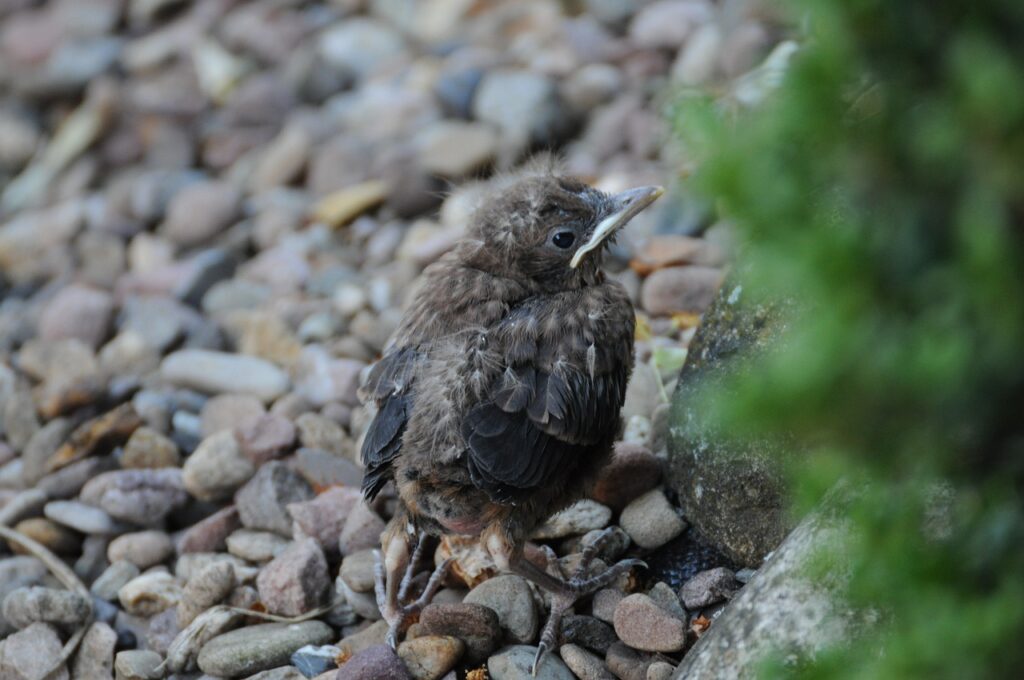
What should you do if you find a sick or injured wild bird? What about a baby bird that is out of its nest? Your intentions may be good, but before you jump into help, there are a few things you should know. First, does the bird actually need your help, or is it okay? (Ex: Fledgling birds, though young, are often seen wobbling a bit on the ground—but they it’s part of their attempts at flying. And often a parent bird is nearby, watching their baby and ready to defend them against predators in the area).
Secondly, is your “help” both lawful and healthy for the bird? If you determine that the bird is actually too young be out of its nest and unprotected and/or the bird is sick or injured, it’s okay to provide temporary care while contacting and waiting for a wildlife rehabilitator to arrive.
The Law and Keeping Wild Birds
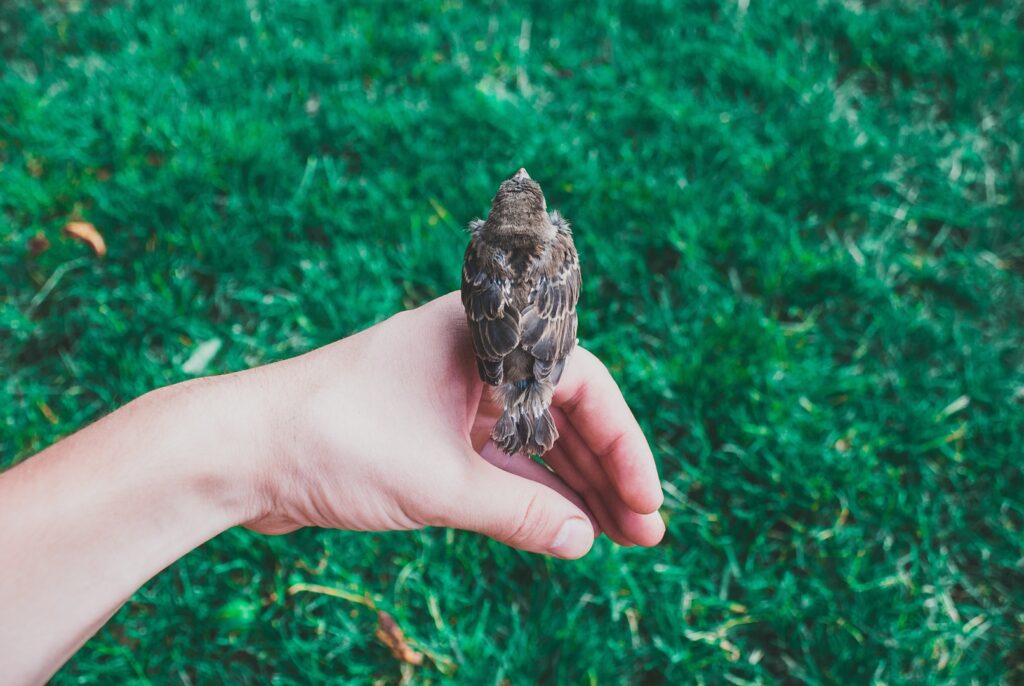
US wildlife protection laws, both federal and state, prohibit the disturbance of birds and other wildlife; this includes taking them into your possession for long-term care. Not only does this apply to capturing and keeping healthy wild birds, but also keeping and rehabbing sick or injured birds that you find in the wild for more than the short term. And, unless you have a permit, it’s a felony to keep a wild bird “captive” in your possession. Keep that in mind the next time you’re tempted to keep that cute baby bird you found on the ground.
The Law and Protecting Endangered Wild Birds
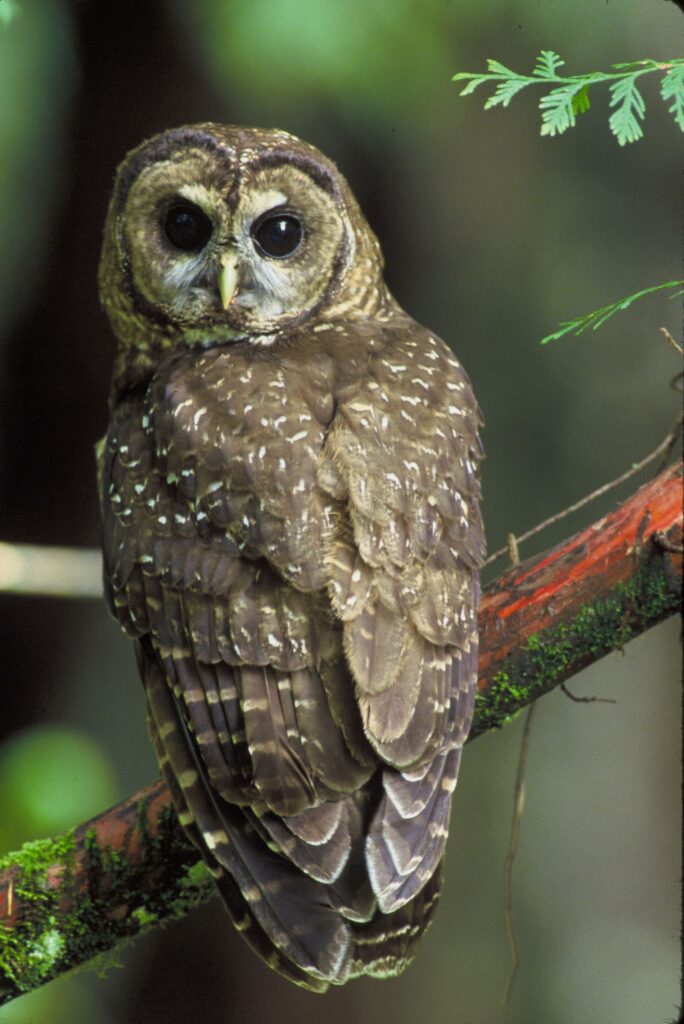
The Endangered Species Act protects birds and other wildlife that are considered threatened or endangered. This list includes many bird species, including the Old World Warbler and the Florida Scrub-jay.
This law promotes the survival and recovery of extinction-risk birds by safeguarding natural habitats, promoting policies that support these species, and educating the public on how they can help. Under this Act, it is illegal to “import, export, take, possess, sell, or transport any endangered or threatened species.” Doing so could send you to prison—or impose fines of $50,000 or more! So, again, even if you mean well and want to “help” a bird on this list, it’s better to contact your local wildlife rehabilitator—better for you and the bird!
Miss a Bird Walk? We’ve Got You.
Although the season has ended for our live Bird Walks, take a virtual tour through some of Big Bear Lake’s favorite avian hangouts. Check out the Chirp YouTube channel for a full playlist of recorded Bird Walks!

